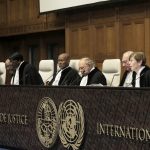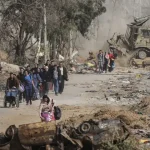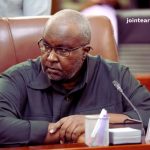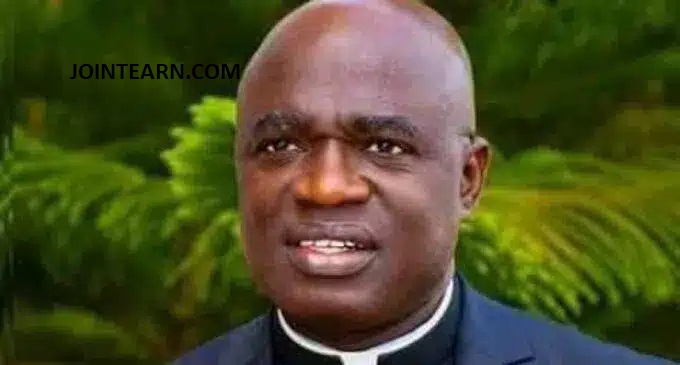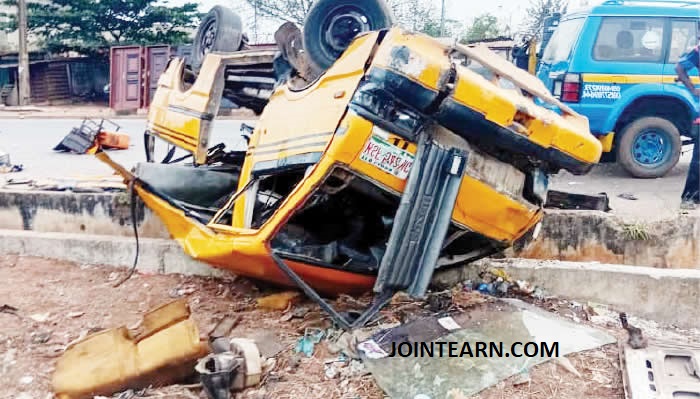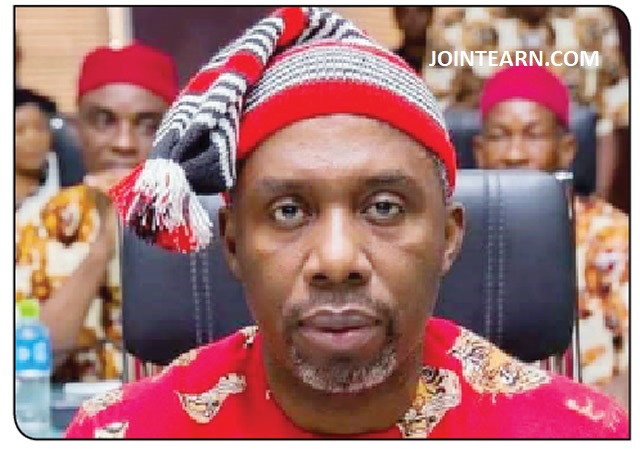Benue State Governor, Hyacinth Alia, has provided a detailed explanation for his decision to deny former presidential candidate Peter Obi access to the Internally Displaced Persons (IDP) camp in the state. The incident, which occurred last week, has stirred public controversy, with many questioning the reasons behind the governor’s actions. In a press conference held on Tuesday, Governor Alia opened up on the situation, citing security concerns and established protocols as key reasons for the denial.
A Tense Situation
The controversy began when Peter Obi, the presidential candidate of the Labour Party in the 2023 general elections, made plans to visit the Benue State IDP camp, which houses thousands of people displaced by the ongoing violent conflicts in the region. Obi had reportedly expressed a desire to engage with the displaced persons, offer support, and highlight the humanitarian crisis in the state, which has long struggled with the effects of communal clashes and attacks by armed groups.
However, the proposed visit was met with resistance from the state government, with Governor Alia’s office issuing a statement to formally block Obi’s access to the camp. The decision raised eyebrows, especially given Obi’s prominence as a former governor and the strong following he commands among Nigerians. Many observers speculated that the denial could have been politically motivated, further fueling the debate on social media and in political circles.
Governor Alia Explains His Decision
Addressing the matter publicly for the first time, Governor Alia explained that his decision was not politically motivated but rather based on security and logistical concerns. He emphasized that the situation in Benue State, especially in the IDP camps, remains delicate, and any visits, especially by high-profile individuals, must be carefully coordinated to ensure the safety of both the visitors and the vulnerable displaced persons.
“Benue has been dealing with a crisis of security for several years, and the safety of our citizens, as well as that of anyone visiting the state, is our top priority,” Governor Alia said. “The state government must ensure that visits to sensitive areas such as IDP camps are done in line with the security arrangements in place. Unfortunately, Mr. Peter Obi did not adhere to the necessary protocols for a visit of that nature.”
The governor went on to say that the situation in the IDP camps is fraught with tension, as many displaced persons are still struggling with the aftermath of violence and displacement. He noted that the presence of high-profile visitors can sometimes exacerbate tensions, especially if security measures are not properly implemented.
“We cannot afford to put our citizens or our visitors in harm’s way. We have a responsibility to ensure that any visit, especially one involving public figures, is well-managed and does not lead to further complications,” Alia explained.
Security Concerns and Protocols
According to the governor, his office had been in communication with relevant security agencies, including the military and police, regarding any planned visits to the IDP camps. The state government, he said, has strict protocols in place for managing visits to sensitive areas, and these protocols must be followed to prevent any potential security breaches.
“Visits to the IDP camps are often coordinated with the security agencies to ensure that everything is done in a safe and orderly manner. Unfortunately, Mr. Obi’s visit was not planned with the necessary consultations, and we could not guarantee the security of everyone involved under those circumstances,” Alia said.
The governor also clarified that it was not a blanket ban on Obi’s visit, but rather a temporary postponement until the appropriate security arrangements could be made. He expressed his willingness to engage with Obi in the future, provided that the necessary protocols were followed to ensure a safe and constructive visit.
“We welcome any support and concern for our displaced persons, but we must be careful to follow the right procedures,” he emphasized. “I remain open to meeting with Mr. Obi or anyone else who wishes to contribute positively to the welfare of our people. But the security of our citizens and guests is paramount.”
Political Reactions and Public Opinion
The governor’s explanation has done little to quell the public debate over the matter. While some supporters of Governor Alia have praised his focus on security, others, particularly members of the opposition, have criticized his decision, suggesting that it was politically motivated. They argue that blocking Obi, a prominent opposition figure, from visiting the IDP camp may have been a deliberate move to avoid allowing him to engage with the displaced persons and gain political capital.
A spokesperson for the Labour Party, who spoke under the condition of anonymity, expressed disappointment with the governor’s stance. “Peter Obi has always shown deep concern for the welfare of Nigerians, particularly the vulnerable. Denying him the opportunity to visit the IDP camp is not only unjust, but it also undermines the efforts to raise awareness about the plight of displaced persons in Benue,” the spokesperson said.
On the other hand, supporters of Governor Alia have defended his actions, pointing out that the situation in Benue is volatile and any public visit must be carefully managed. They argue that the governor’s priority should be ensuring the safety and well-being of both the displaced persons and any visitors.
A Benue resident, who spoke on the condition of anonymity, said, “The governor is just trying to protect us. Things are not easy here, and we don’t want any trouble. It’s good that he is thinking of our safety first.”
The Way Forward: Dialogue and Collaboration
Despite the controversy, Governor Alia stressed that his administration remains committed to addressing the issues of displaced persons in Benue. He expressed a willingness to collaborate with all stakeholders, including opposition figures like Peter Obi, to bring attention to the humanitarian crisis in the state.
“We need the support of all Nigerians to solve the problem of displacement and insecurity. I remain committed to working with anyone who shares our vision for a peaceful and prosperous Benue State,” Alia said.
He also reiterated that the IDP camps would continue to receive aid and attention from the state government, as efforts are made to return displaced persons to their homes and ensure long-term solutions to the violence that has plagued the region.
Conclusion
Governor Alia’s decision to deny Peter Obi access to the IDP camp has sparked heated discussions, with opinions divided on whether the move was justified or politically motivated. While the governor maintains that security and protocol were the main reasons for the denial, the incident has highlighted the challenges of managing humanitarian visits in conflict-prone regions. As the situation continues to evolve, it remains to be seen whether this incident will affect the relationship between the state government and opposition figures in Benue.

